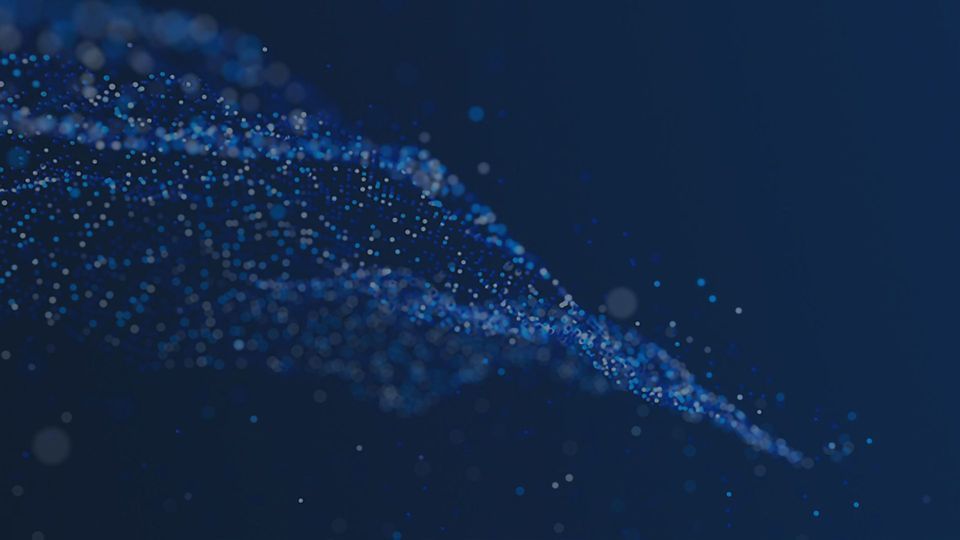CYTOO’s 2D+ Technology and Institut Curie’s Organelle Map in the limelight at SLAS 2013

Complete the form below to unlock access to ALL audio articles.
The company will present their 2D+ Solutions, opening fresh perspectives for cell based assay development in drug discovery.
2D+ Solutions are based on CYTOO’s standard and custom adhesive micropatterns in 96-well plates which guide cell architecture and behavior. By defining the 2D topology of cell adhesion, the 2D+ Cell Culture Platform enables fine control of the spreading and 3D shape of cultured cells in single- or multi-cellular configurations. This approach results in control of cell contractility, cell polarity, organelle positioning, and cell division axis.
2D+ Custom Solutions are specifically designed to bring expertise, resources and technology to address current bottlenecks in cell based assay development and screening in drug discovery.
2D+ Custom Solutions include: Exploratory solutions to guide customers through the initial exploration of the 2D+ technology with experienced PhD-level expert support; Assay development to select the best ecosystem for the requested cells; Screening to run pilot or full sized screens. All Solutions are tailored to the customer’s needs and can be carried out in the customer’s facilities or outsourced to CYTOO, on our fully equipped HCS screening platform.
The 2D+ technology addresses a major concern with traditional 2D culture, in which cells spread and move in an uncontrolled manner, introducing a considerable but unnoticed variability in cell function. Kristine Schauer, from the Institut Curie in Paris, France, used the crossbow adhesive micropatterns to get reproducible shape and distribution of intracellular compartments and developed a mathematical algorithm to generate and compare probabilistic density maps of the different endosome compartments.
This innovative approach is a powerful universal method to identify statistically relevant hits and drug effects in complex cell based assays, and according to Michel Bornens, COO at CYTOO “the method has now the potential to become a gold-standard in the quantitative analysis of cell-based high-throughput data”. Kristine Schauer’s Organelle Map figures among the nine 2013 SLAS Innovation Award finalists. A $10,000 cash prize will be attributed during SLAS 2013, and recognizes extraordinary achievement in innovative laboratory science and technology.
Attendees are invited to visit booth #310 to discuss their application with François Chatelain, President and CEO, and Lisa Minor, Application Development Leader.

